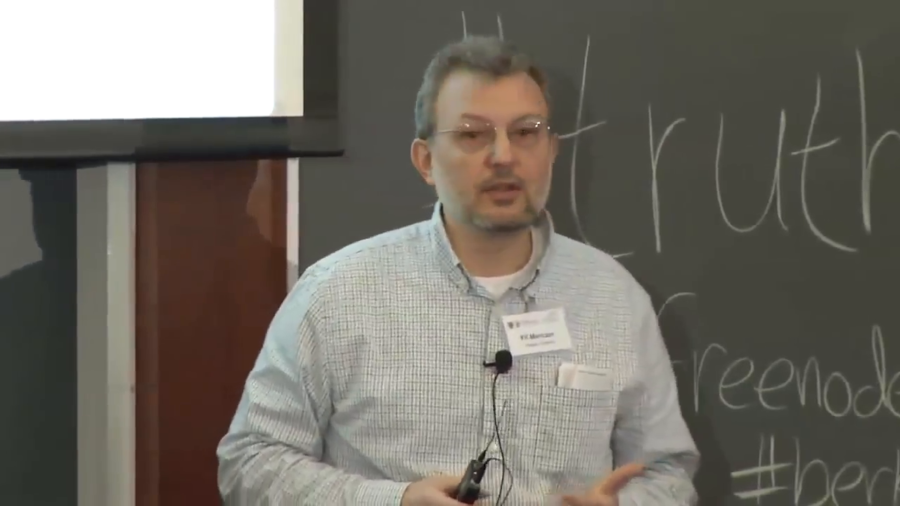I’m here to tell you little bit about a few examples of truthy memes that we’ve uncovered with the system that we have online. It’s a web site where we track memes coming out of Twitter and we try to see if we could spot some signatures based on the networks of who retweets what, basically, and who mentions whom.
Archive
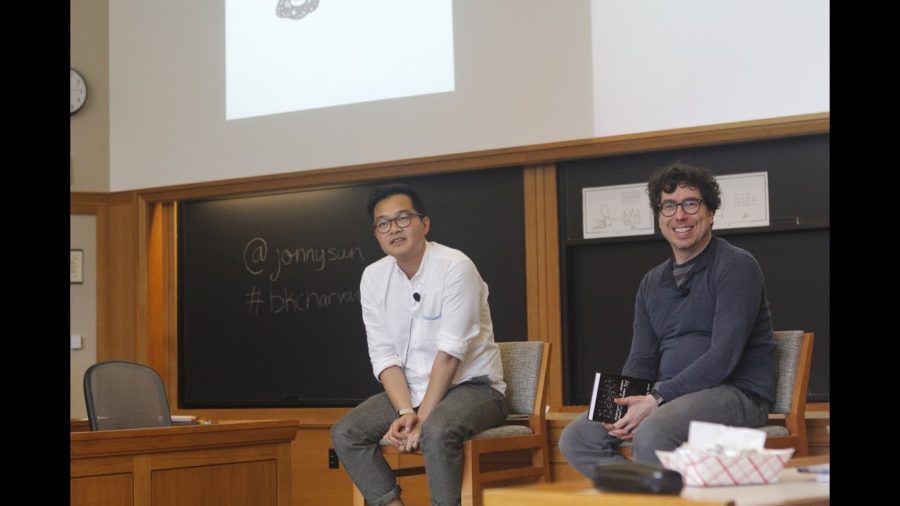
I think I kind of have floated through the world feeling like an outsider and feeling a bit like an alien, I guess. And along the way I’ve met so many other people who have felt like that too, and I think this is a celebration of that kind of diversity and of that kind of outsiderdom.

The Internet meme framework is a useful way to understand a certain range of object production, a certain sort of informal production that combines networked modes of production similar to shanzhai or the hat printing, with the global reach of the Internet and global shipping services as well. The ability to move bits and atoms with just as much ease and efficiency.
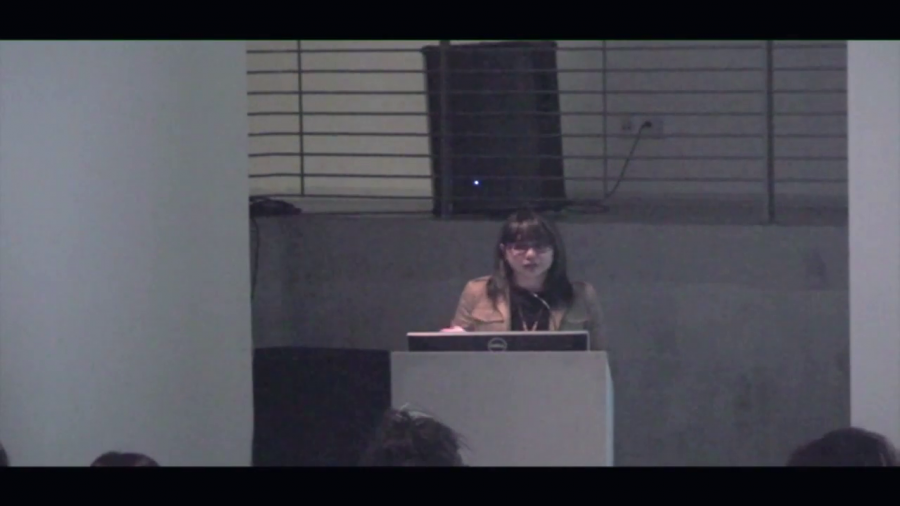
When we think about network graphs and we talk about how the network effects that make up an important part of how social movements and how information is distributed online, there’s this assumption in those visualizations that every node in that network is equal. But very often, and you can slice data in many different way, the languages that we speak actually limit the networks that we have access to and that we’re interacting with.
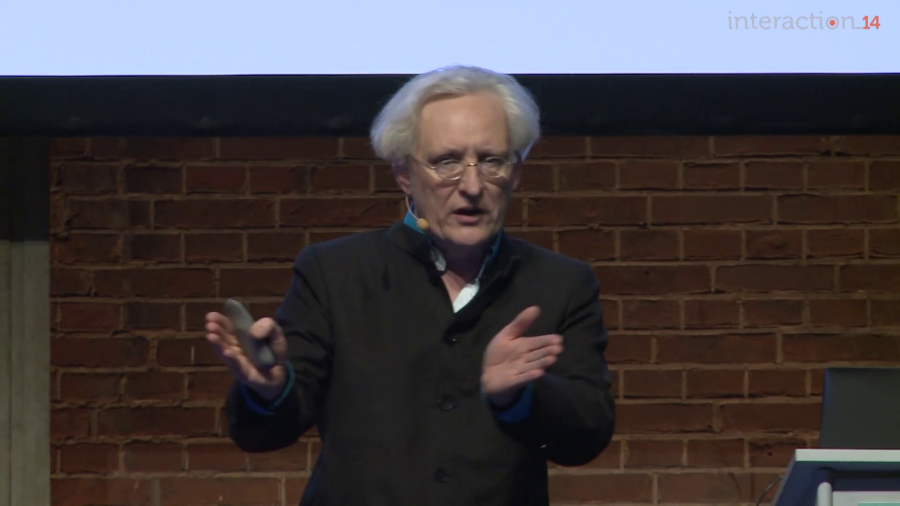
The computer is being used for so many things that I claim that we have to consider the computer as part of our extended phenotype. It’s just a part of a thing that has evolved with us using memes.
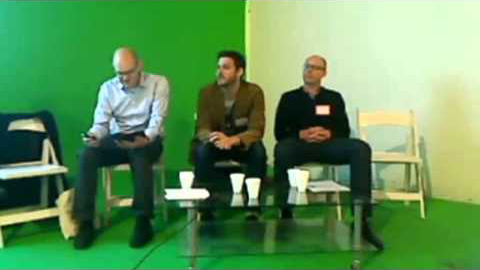
With social media, the compelling opportunities for self-expression outstrip the supply of things we have to confidently say about ourselves. The demand for self-expression overwhelms what we might dredge up from the inside, from our true selves. So the self that we’re expressing in social media has to be posited elsewhere. We start to borrow from the network. We start to borrow from imagined future selves that we can project. We start to borrow from the media themselves and from other kinds of content circulating there that we can now constitute ourselves with.

[The] persuasion model advanced by Rushkoff and Lasn is particularly useful for thinking critically through a variety of recent politically-oriented web phenomena like profile picture changing campaigns, political viral videos, hashtag activism and the like.

